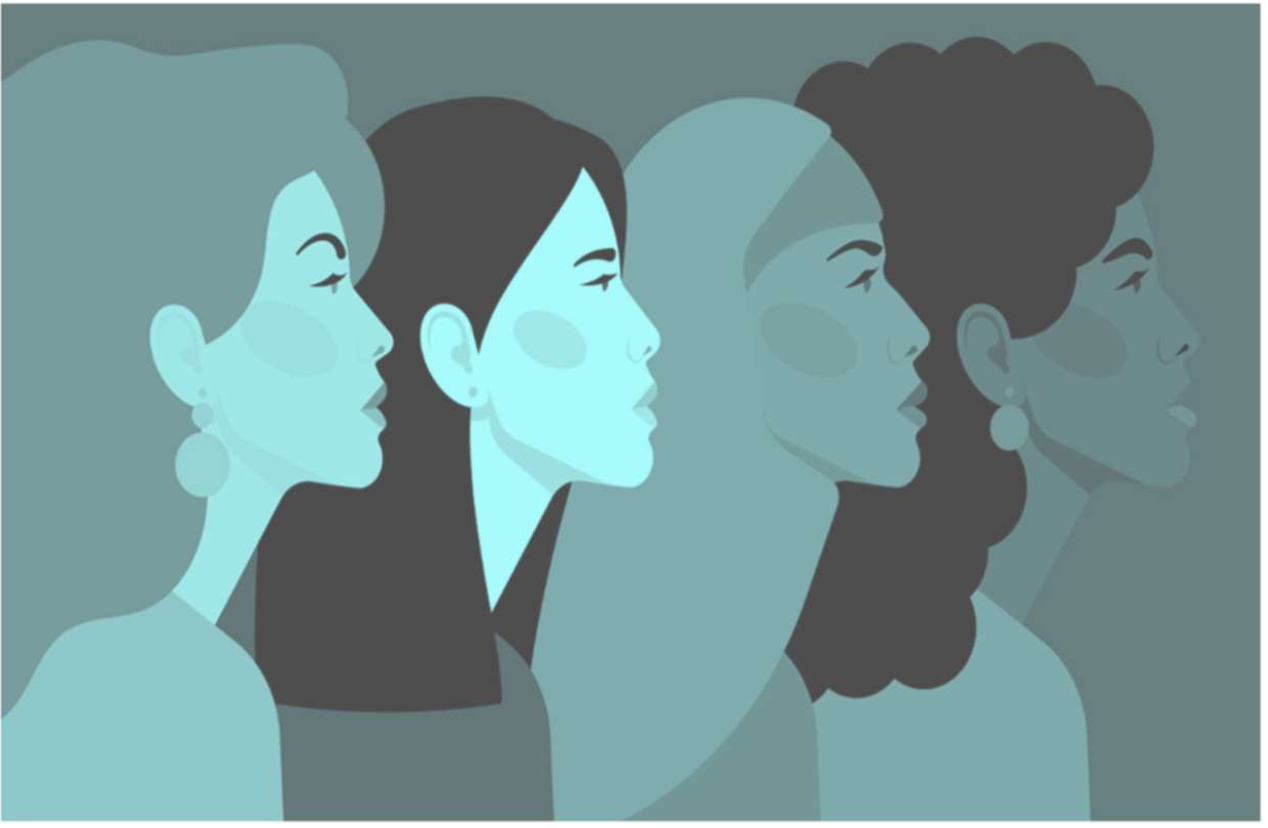FOR IMMEDIATE RELEASE
July 25, 2023
Contact: William Lutz 202-785-5100
Washington, D.C. — Black women earned 64 cents for every dollar earned by White men in 2022, according to data released by IWPR ahead of Black women’s Equal Pay Day July 27, 2023. The same data show that Black women were paid substantially less than White men in each state whether they worked full-time year-round or whether all earnings (full-time, part-time, full-year and part-year) are included.
“The gender wage gap is a national disgrace and women of color feel the burden of that discrimination more than most,” said Robyn Watson Ellerbe, Chief Strategy Office of IWPR. “Black women earned just 64 cents for every dollar a White man earned in 2022, an astonishing gap that will not be closed until 2144 at the current rate. It is an injustice women—and women of color in particular—have had to endure year after year.”
Key findings ahead of Black women’s Equal Pay Day 2023:
- Nationally, Black women earned 63.7 cents for every dollar earned by White men.
- The pay disparity between Black women and White men working full-time, part-time, year-round, and part year, varies greatly by state, from just 43.3 cents on the dollar earned by White men in Louisiana to 71.7 cents on the dollar in Hawaii. (See full state data here)
- When considering just full-time year-round workers, the pay disparity ranges from 48.7 cents on the dollar in Louisiana, to 82.1 cents in Hawaii.
- In the District of Columbia, the state with the largest absolute gap in earnings, Black women working full-time year earned $53,394 less than White men in just one year,
Research shows that outright discrimination, the ongoing child care and elder care crisis, lack of access to work-family supports, the concentration of Black women in undervalued care and service jobs as well their underrepresentation in good-paying male-dominated jobs, such as in the construction trades, all contribute to this pay inequity.
“In the 21st century, Black women still cannot get fair treatment when it comes to employment and earnings. This hurts their health and well-being and stifles their ability to provide for their families and participate fully in the American economy,” said Watson Ellerbe. “We cannot ask women in this country to endure this injustice decade after decade. We know what needs to be done; we just need policymakers and leaders in the business community with the courage to stand up and do it.”
Among the policies IWPR recommends to address Black women’s pay inequity are better pay and benefits, greater access to the good jobs where Black women are currently underrepresented, stronger rights to organize through unions, and more enforcement to prevent harassment and discrimination. And as with all women, greater access to paid leave and earned sick time, and investments in affordable and quality child care, adult, and eldercare are also crucial steps needed to move toward pay equity.
You can read IWPR’s complete fact sheet on Black women’s Equal Pay Day here.
The Institute for Women’s Policy Research strives to win economic equity for all women and eliminate barriers to their full participation in society. As a leading national think tank, IWPR builds evidence to shape policies that grow women’s power and influence, close inequality gaps, and improve the economic well-being of families. Learn more at IWPR.org and follow us on Twitter.
###


